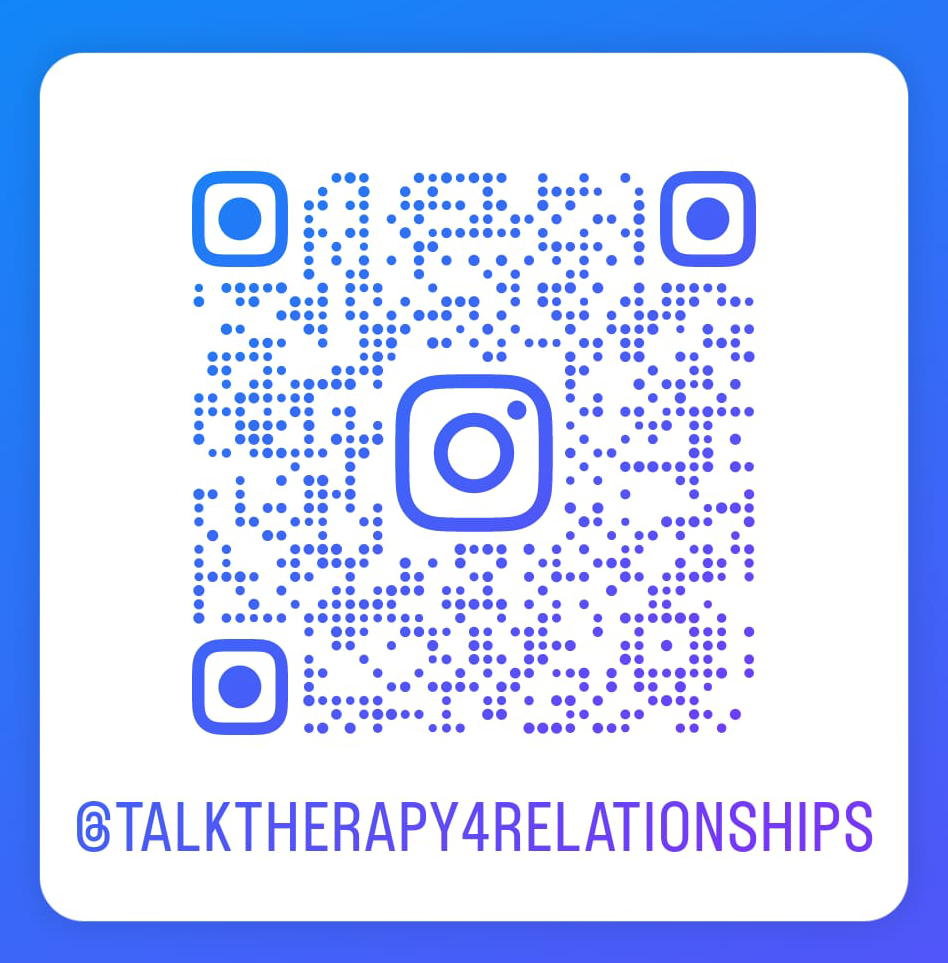OK, so I have a cheesy “rip off” of Shakespeare’s Hamlet going here, but the title of this blog really is the question! Should we go to marriage counselling or not? It’s an important decision that is wrought with all kinds of practical, emotional and sociological factors. But if you are here looking at this web site, I would venture that there is at least a niggle in the back of your mind making you think maybe counselling is something that might be important for you as a couple.
As a marriage counsellor you can probably guess that I think marriage counselling is often a good idea. Kind of goes without saying. But some of the reasons I think marriage counselling can be important is really for personal health and sociological reasons. Research shows us that stable and loving relationships are likely to result in personal happiness and can improve our physical health. Sociologically, there is research that tells us that society benefits when people are in positive relationships. So loving, happy couples are important in ways you might not have been considering.
But you are probably more worried about the two of you right now, versus how society would benefit from you being in a strong and loving relationship. So why are you thinking about marriage counselling? It might be for one or more of the following reasons (you can find various versions of all of these on the internet):
- Communication – WOW, this is an obvious one, but an oh so common reason for counselling. You don’t talk to each other or you talk to each other but so much of it is negative or critical. You don’t talk about what is happening in your lives outside of your time together or one of you talks and the other never seems to listen. Or maybe you are one of those couples where you each spend your free time on your phone, or computer or IPad and don’t even talk to each other about what you are seeing on your electronic device.
- Connection – This can cover many things and of course is inextricably linked to communication. Maybe you are not connecting regarding your ideas about raising your children. Sexually, the connection may seem missing. Perhaps your life goals are not in sync. Maybe you cannot connect with each other’s families. Is the attachment that you used to feel to your spouse somehow missing? Perhaps your ideas about how money should be spent are not connected. Might you feel that your partner has been less and less responsive to you?
- Covertness – There may be secrets between you. Is one of you spending time covertly linking up with people of the opposite sex on the internet. Are you keeping financial secrets from your partner? Are you contemplating having an affair? Has there been an actual affair?
Change – again this word can cover many concepts. Do you think your feelings about your partner have changed in a negative way? Have there been difficult life changes such as parenthood, illness, retirement with which you or your partner are having difficulty coping? Maybe you think your partner needs to CHANGE or your partner thinks you need to CHANGE.
The above are some of the reasons you may be contemplating counselling or there may be another reason that has brought you to thinking about counselling. If you have come this far in considering this action then it is probably a good bet that some help may be what you need. We have come to the point in society that most of us recognize that we cannot possibly have all the skill sets we need to find our way through an ever more complex world. For instance I can do a little trouble shooting with my computer or electronic devices, but I know when I need to call in an expert. And I am able to take care of a straight forward cold, but I would go to an expert (i.e. a doctor) if I thought it was turning into pneumonia. So sometimes we need to turn to people who specialize in treating relationships, and perhaps that is where you think you are at right now.
My couples counselling is based on attachment theory and centers on adult needs for emotional closeness and connectedness. It is called Emotionally Focused Therapy (EFT) and research is showing how effective this counselling can be. Studies have found that 90% of couples in distress show significant improvement through this method of counselling. I believe this is often the most effective method of marriage counselling available for couples.
If your relationship is in distress, please seek out the help you need. Connect with Talk Therapy.…a therapist who specialize in Couples relationship counselling.
Author: Lucy Pascal






